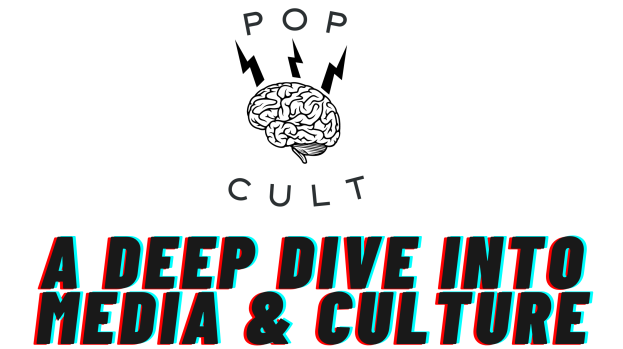
The Hospital (1971)
Written by Paddy Chayefsky
Directed by Arthur Hiller
The Hospital exists as a prelude to the masterpiece that was to come from Chayefsky’s pen. There are seeds of ideas here that are profoundly challenging. The film bores an ice core of the effect of modernism on American society circa the 1960s, never giving an excuse to wrong takes but laying out the psyche of a white privileged class that doesn’t know how to function in a new world. We also see a society that refuses to adapt and change to the demands of marginalized classes and does nothing to try and symphonize the cacophony of voices. The establishment would rather throw their hands up and complain then reconfigure the structural rot that runs through everything.
The film takes place over two days in a prestigious Manhattan teaching hospital where things seem to be falling apart at the seams. Dr. Bock (George C. Scott) is the Chief of Medicine and has allowed his host of personal problems to affect his job performance. His wife is leaving him after a dozen separations over the years, and his children, as a result of the social unrest in America, no longer speak to him. Bock has become suicidal but tries to play off these notions as just a bad mood to his colleagues. Meanwhile, nurses and interns start showing up dead in hospital, placed unconscious in hospital beds, mistaken for patients, and giving drugs that stop their hearts. On top of that, Barbara (Diana Rigg), the daughter of a patient, has brought her personal shaman to help remove her father from the building. She becomes an object of lust for Bock as he enters his darkest night.
Chayefsky uses the inhospitable monster that modern medicine had become (and remains) as a lens through which to examine the dehumanizing effect of American society. During a beautiful monologue from Dr. Bock, he explains that the advancements of medicine are such that they can clone organisms and eliminate diseases, but people are sicker and more broken than they ever have been. Chayefsky was a profoundly cynical person, and even when he presents the community organizers fighting to keep a tenement building that is going to be bulldozed to expand the hospital, they are plagued by disorganization and internal dissent. You have women’s rights advocates pushing for expanded abortion operations in the hospital, arguing with religious black residents who don’t approve but want housing for their people. There are people very invested in political revolution thrown in the mix, and so the water becomes muddied. Chayefsky seems to wonder if society can get better without focused goals.
The inciting incident of the movie is the misdiagnosis of an elderly patient who eventually dies alone and forgotten in a hospital room after being treated. This is reflected in Dr. Bock’s impotence, which he describes as not just sexual, but as a complete lack of passion for any aspect of living. This is why he feels so comfortable sliding into suicidal ideation. He exudes that he sees the youth as full of anger and rage while they preach peace and love, and his own mindset can’t parse that. But Bock also reflects on how large & powerful the hegemonic structures (the hospital) have become, yet it helps no one and achieves nothing.
There is a profoundly uncomfortable sex scene that occurs in the middle of the movie that Barabara even describes as rape with a smile as she says it. I am very tempted to analyze the scene through a modern lens of reexamination of sexual mores, but I think what happens is intended to be more impressionistic than literal. I believe the audience is supposed to feel disorientated in the morning after as the couple behaves so casually despite the sex scene being filmed savagely. When you reflect on what the characters were talking about before this violent sexual encounter, it reframes the rape. Even the act of sex between people has become so grotesque and abstracted that it doesn’t make sense anymore. They have fallen in love with each other and plan to run off to Mexico together. It’s completely insane, and it’s supposed to feel that way to us.
The Hospital is nowhere near as tightly constructed and honestly perfect as Network. But it’s the purest distillation of Chayefksy’s ideology up to this point. He’s still sorting through his brain, honing his ideas and figuring out just what he has to say about a crumbling society around him. Institutions are to blame, but he honestly doesn’t see these bodies as capable of becoming better; instead, they are destined to implode.

One thought on “Movie Review – The Hospital”